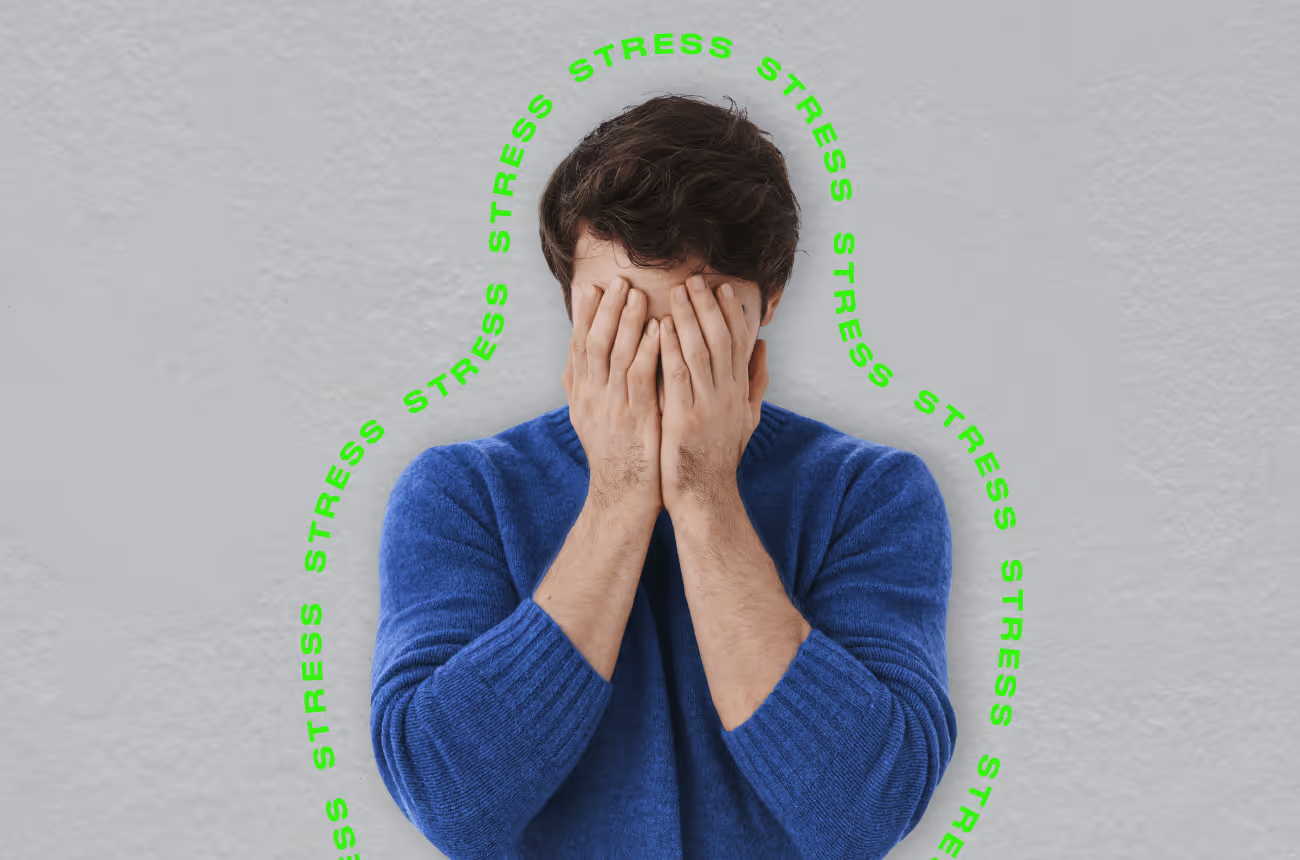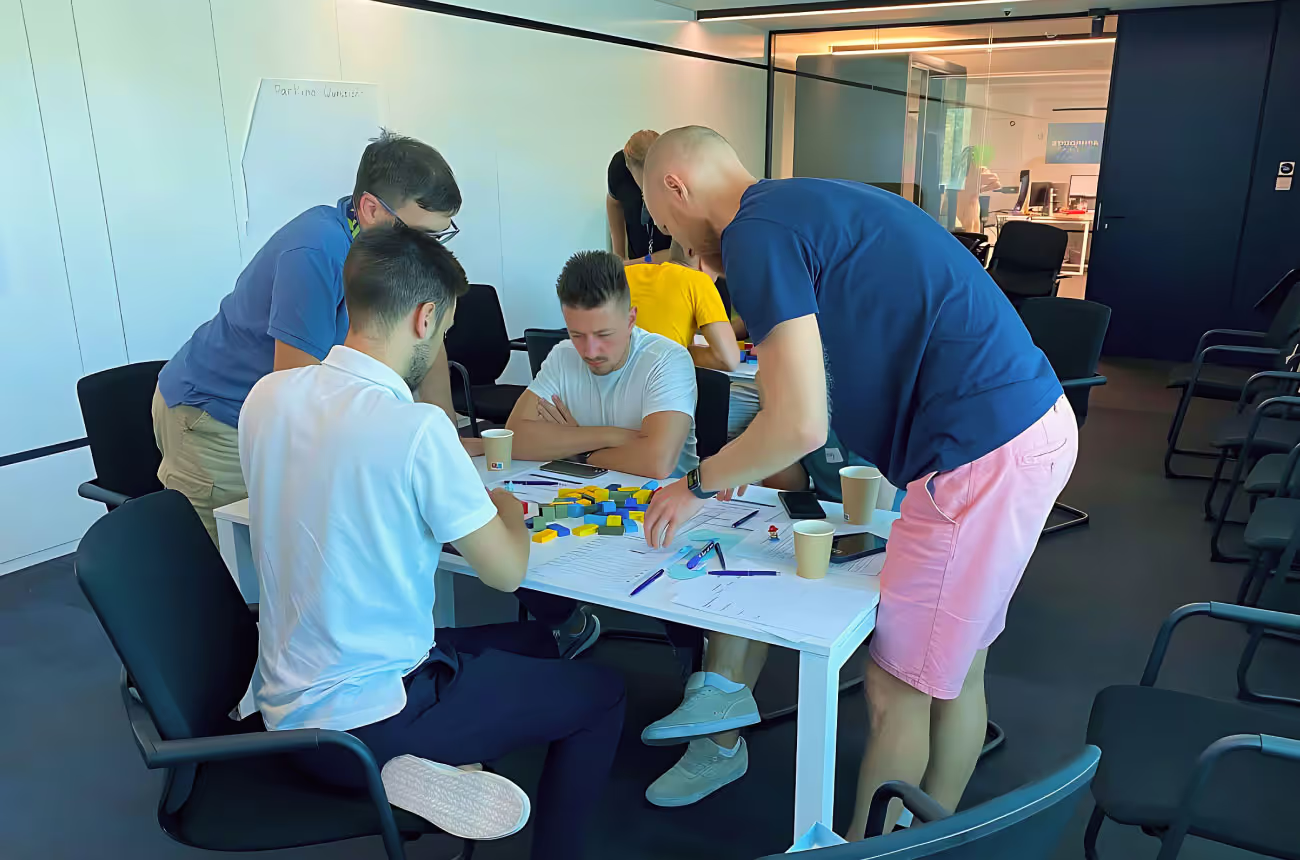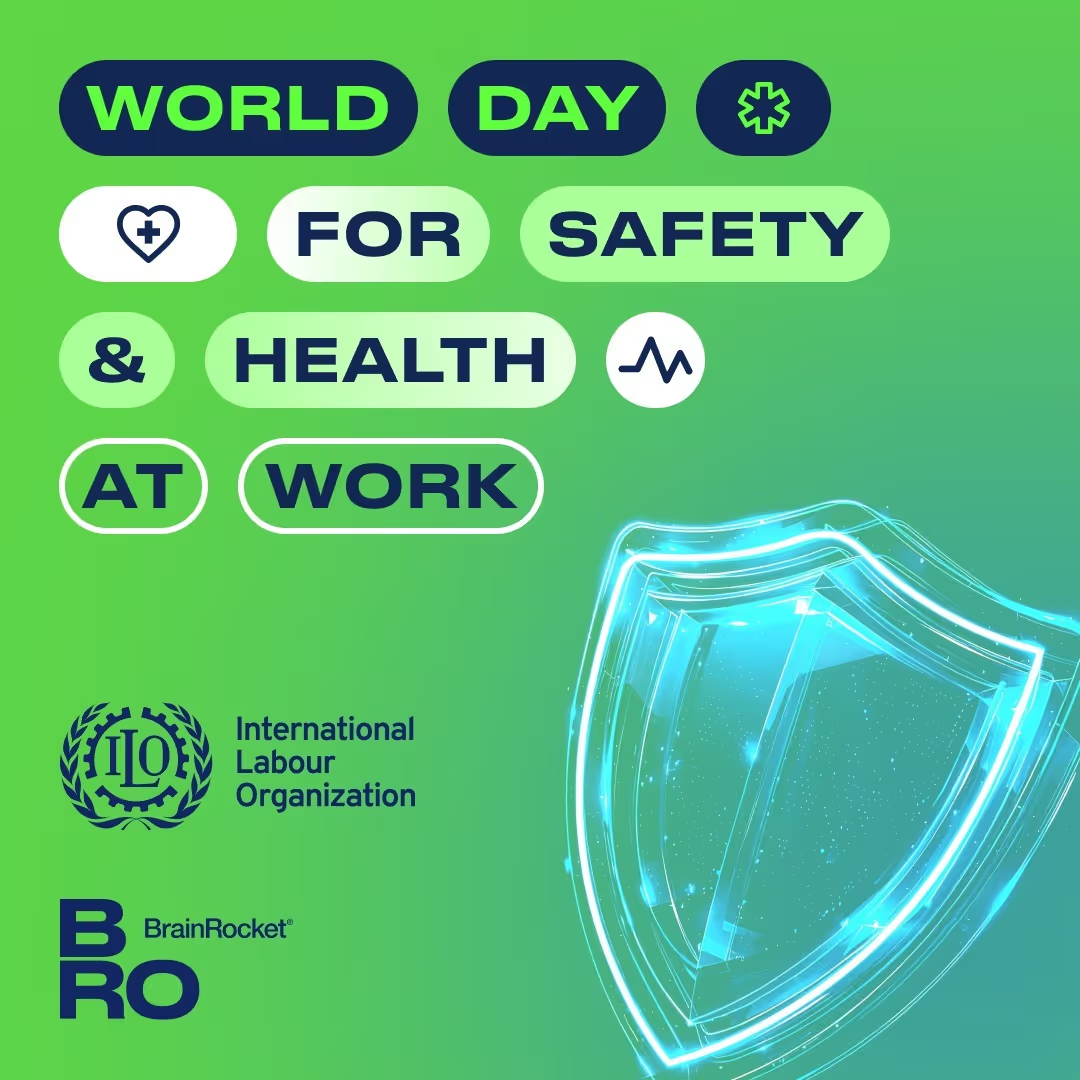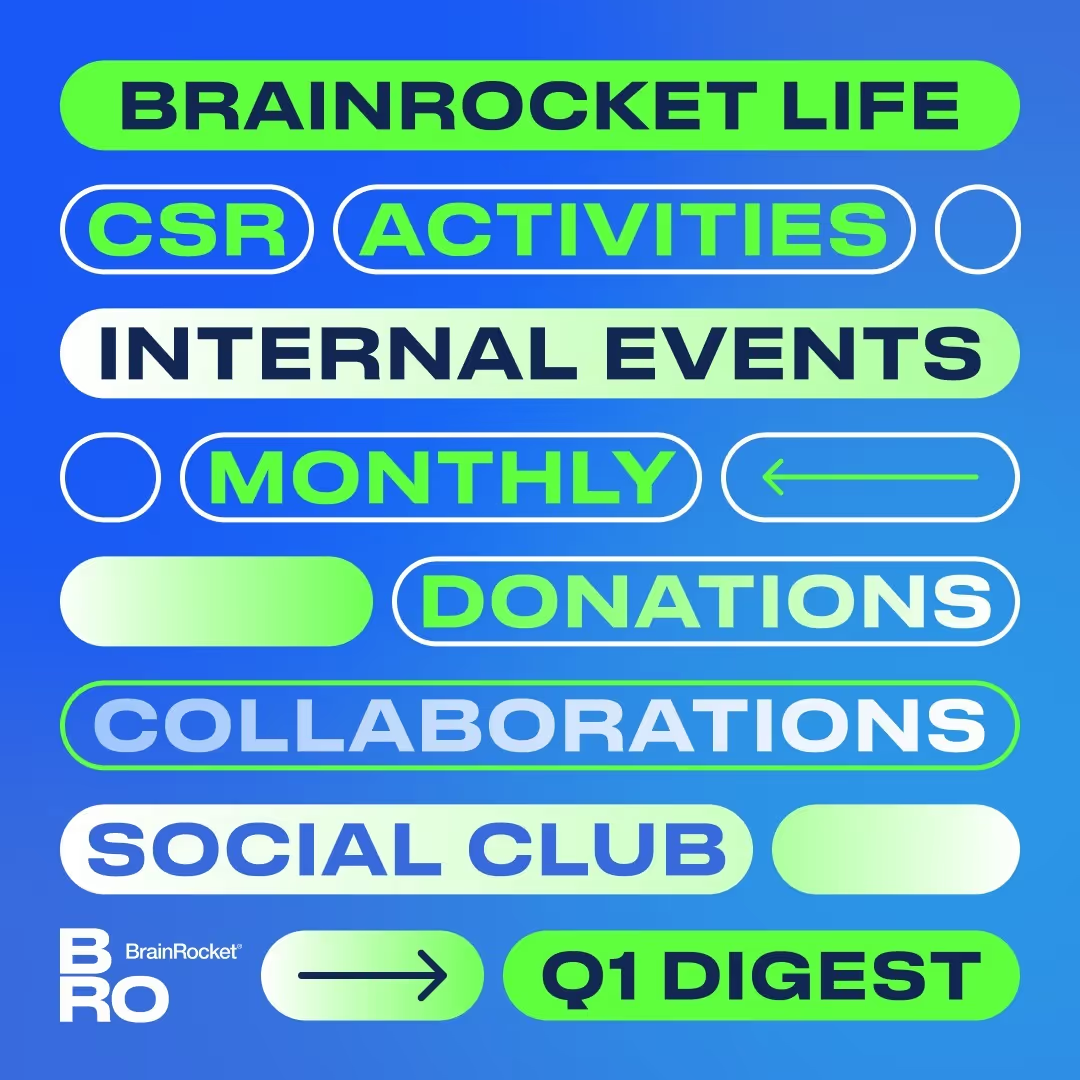Many people have been experiencing increased anxiety lately. Some cannot be distracted from the powerful information flow as it accumulates negative emotions.
Each person has a strategy for coping with difficulty. For some, it is associated with falling into a type of addiction. For others, on the contrary, with working towards self-development or self-realization.
Here is an overview made by BrainRocket’s psychologist, Svetlana Mitrofanova, about what happens to a person in a stressful situation, with habitual forms of behavior lost and the ground with “leaves under one’s feet.“.
What is stress?
Stress is a state of emotional and physical tension that occurs as a reaction to events that are difficult for a person to cope with. In the presence of constant anxiety, the human body spends too many resources and is quickly depleted.
Chronic and acute stressful situations negatively affect not only psychological mechanisms but also the whole organism, leading to several problems. Usually, it happens in life: where it is thin; it begins to tear there.
Former problems, including health problems and addictions, may be aggravated. Stress also complicates relationships, that is, in those relationships where there were conflicts and misunderstandings.
How to cope with stress?
Dealing with stress involves mastering two significant emotional intelligence skills: self-awareness, which will help you carefully assess your defensive behavior patterns, and self-control to replace destructive behavior with a productive one.
For example, with a strong temptation to “play out”, tracking this powerful impulse in yourself, you can more easily realize and control your actions and choose among them those that will bring real benefit to you and those around you.
Ask yourself questions: ‘’How do I influence what is happening? How can I really want to influence within the limits of the possibilities of my ordinary life?‘’ Such monitoring will partly restore stability and remove the feeling of helplessness, one of the most unpleasant experiences.
How to make the most out of stressful times?
Hardship is not only about stress but also an opportunity for development, to get rid of something unnecessary, and to build something new. Why don’t we make the most of this time by supporting someone who needs it?
If you look around, you will see many people having it worse than you are and requiring real help. By helping others to cope, you are helping yourself. Fear intensifies in a situation of loneliness, and with a stream of news about a tense situation, it can simply cause an overwhelming level of stress.
How can we help others?
It is essential to clarify that a person is not alone, and there will always be people ready to listen and support them. It is necessary to encourage the expression of feelings and show that any experiences of a person to stress are normal.
Go for walks to free up time for relaxation, reflection, and recovery. Sometimes it’s helpful to share your thoughts and feelings about what’s going on, but don’t hide and downplay the problem.
And with a feeling of such support, fear decreases because now a person is no longer alone with the problem but solves or at least shares it with someone.
And of course, do not forget that before helping others, it is essential to assess your condition and make sure that you have enough resources and strength. If ways to calm down don’t help and you experience panic attacks or insomnia, the best solution is to contact a psychologist.
BrainRocket wishes everyone emotional well-being, as times are tough. So, let’s get through them with grace.































































































